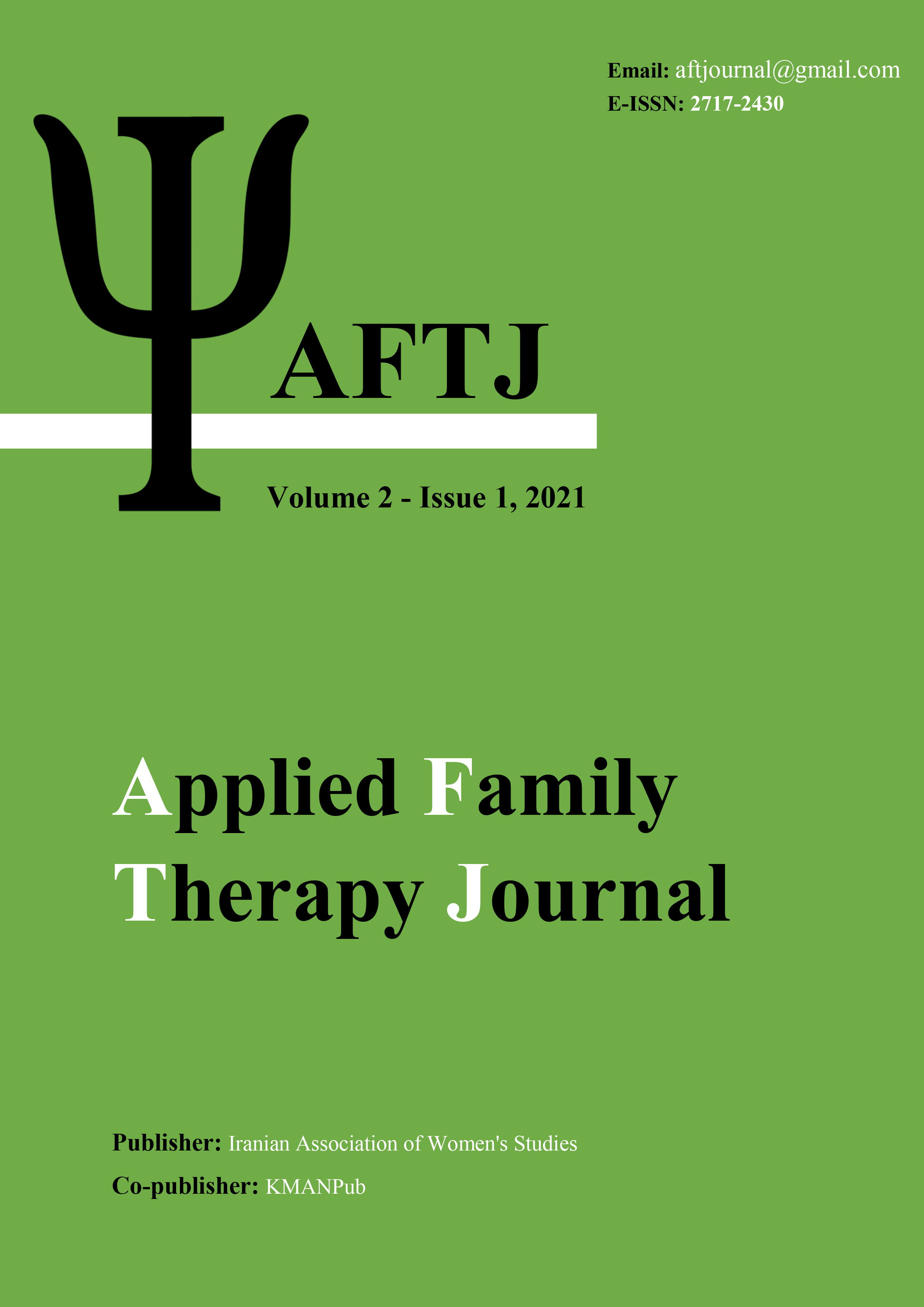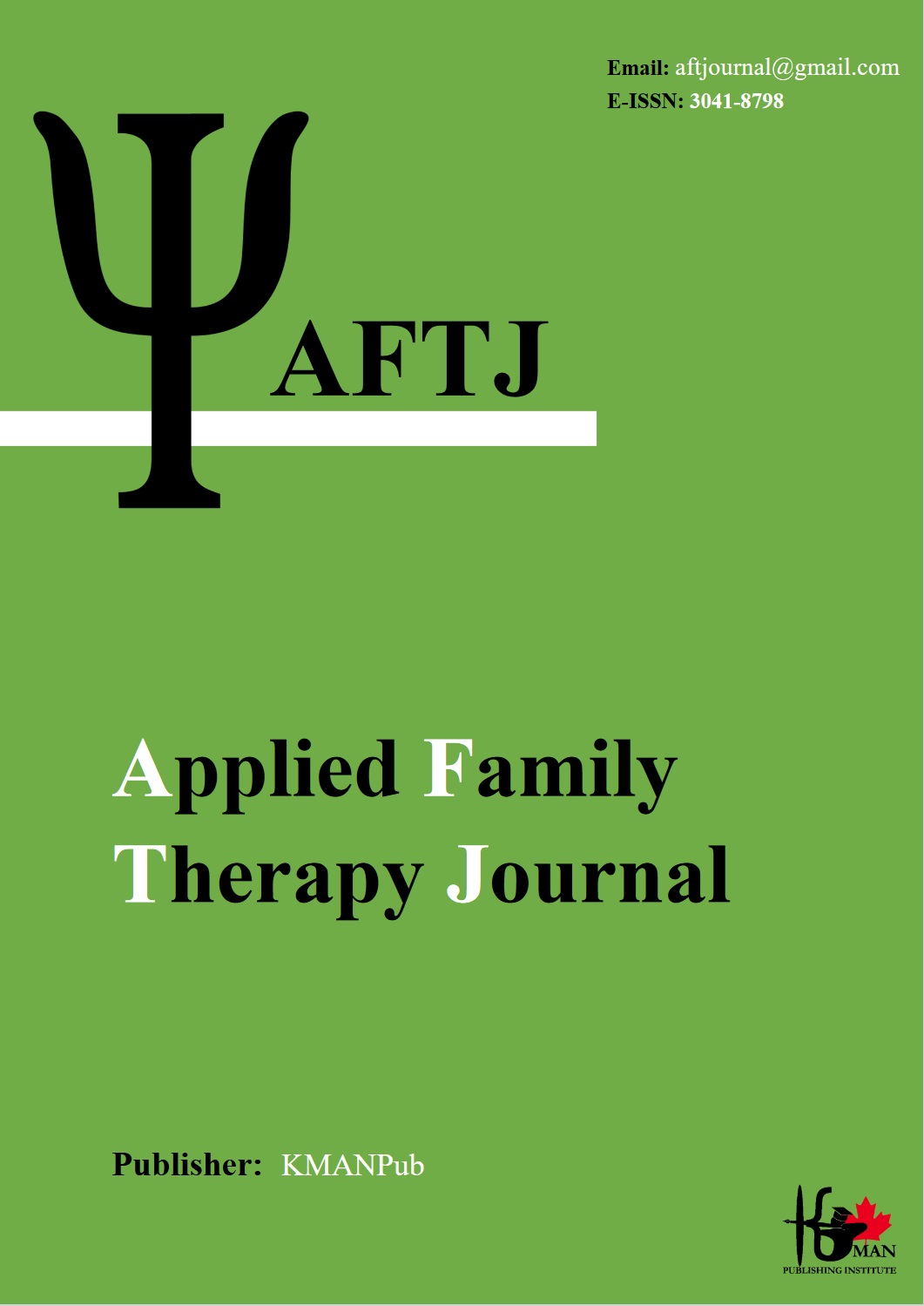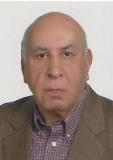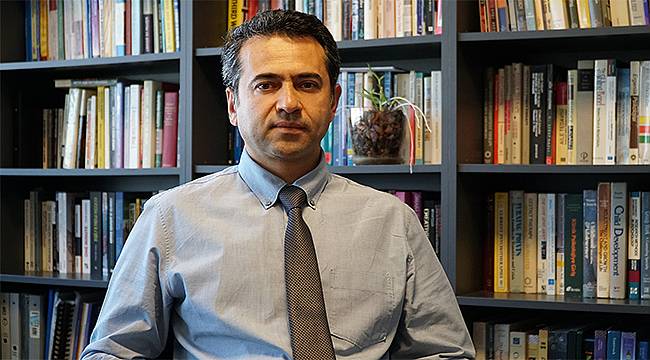Providing a model of teachers' professional qualifications Woman
Keywords:
professional competence, behavioral competence, cognitive competence, spiritual competenceAbstract
Aim: The present study was conducted with the aim of providing a model of teachers' professional qualifications. Methods: The aforementioned research was of a mixed type in terms of fundamental-applicative purpose and in terms of information data, which was conducted in two parts, qualitative and quantitative. In terms of implementation, survey patterns were also used in this research. The statistical community in the qualitative part of the research included education experts who were selected by purposeful sampling of 20 experts. In the quantitative part, the statistical population included female teachers of the second year of middle school in Tehran, who were selected using Cochran's formula, 324 people. In order to collect data, semi-structured interviews were used in the qualitative part of this study. In the quantitative section, a researcher-made questionnaire was used. The validity and reliability of the instruments were measured and confirmed. . The method of data analysis in the qualitative part of the theoretical coding was derived from the data theorizing method. In the quantitative part, according to the research questions, descriptive and inferential statistics methods (confirmatory factor analysis, structural equations, using SPSS-v21, Smart Pls-v2 and Lisrel-v8) software have been used. Results: The results of the research showed that the components of professional competence include cognitive and ability competence (self-knowledge, subject knowledge, knowledge of the learning process), behavioral-judgmental competence components (value competence, attitudinal competence, and interest competence), and managerial competence components. Leadership (competence related to the classroom, competence related to the educational environment, functional competence, competence in guidance), the components of spiritual-moral competence (competence in leadership, competence in ethical behavior, normative competence). Conclusion: the results showed that the professional competence of teachers has a significant effect on their spiritual vitality.
Downloads
Downloads
Published
Issue
Section
License

This work is licensed under a Creative Commons Attribution-NonCommercial 4.0 International License.























